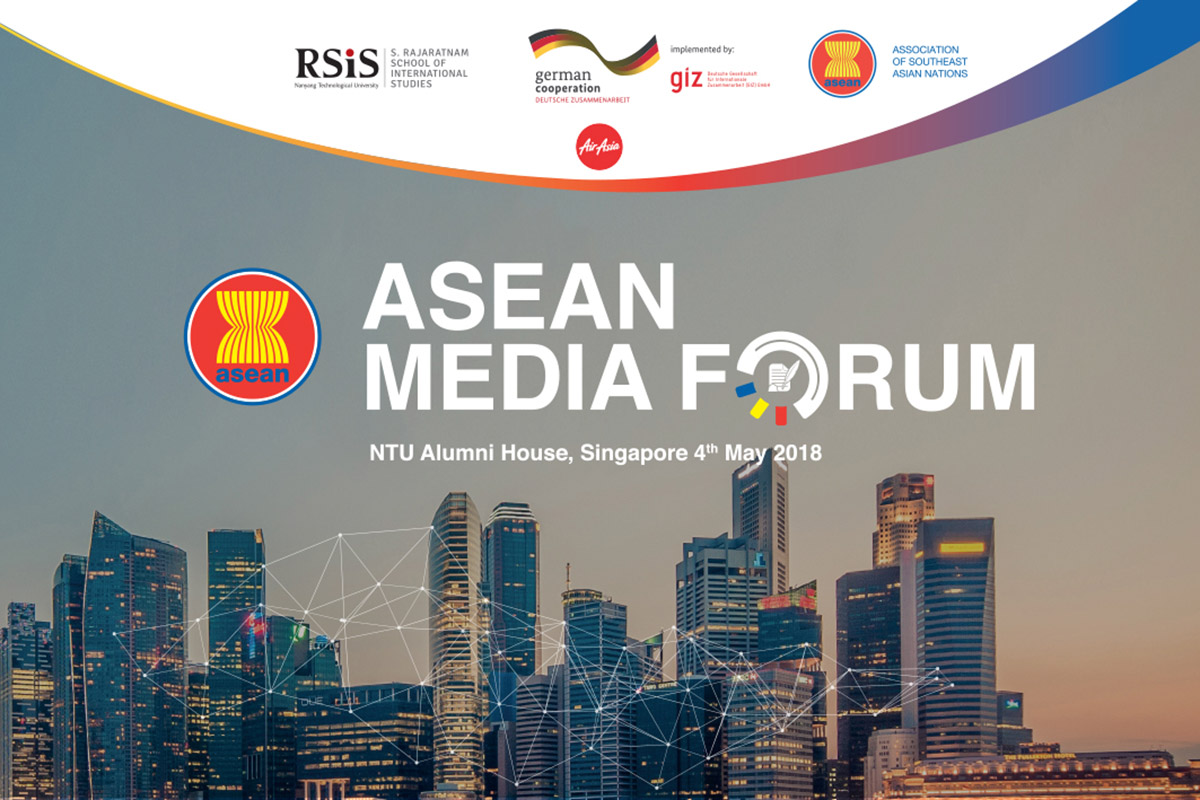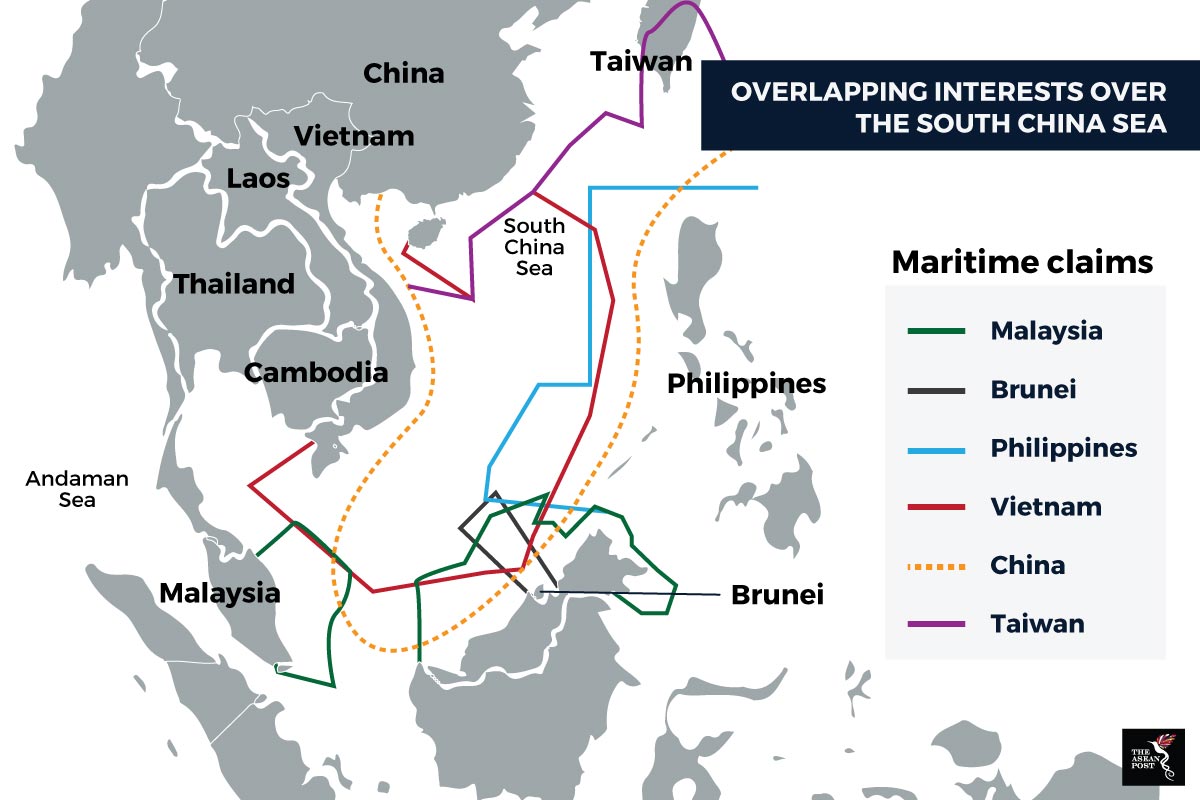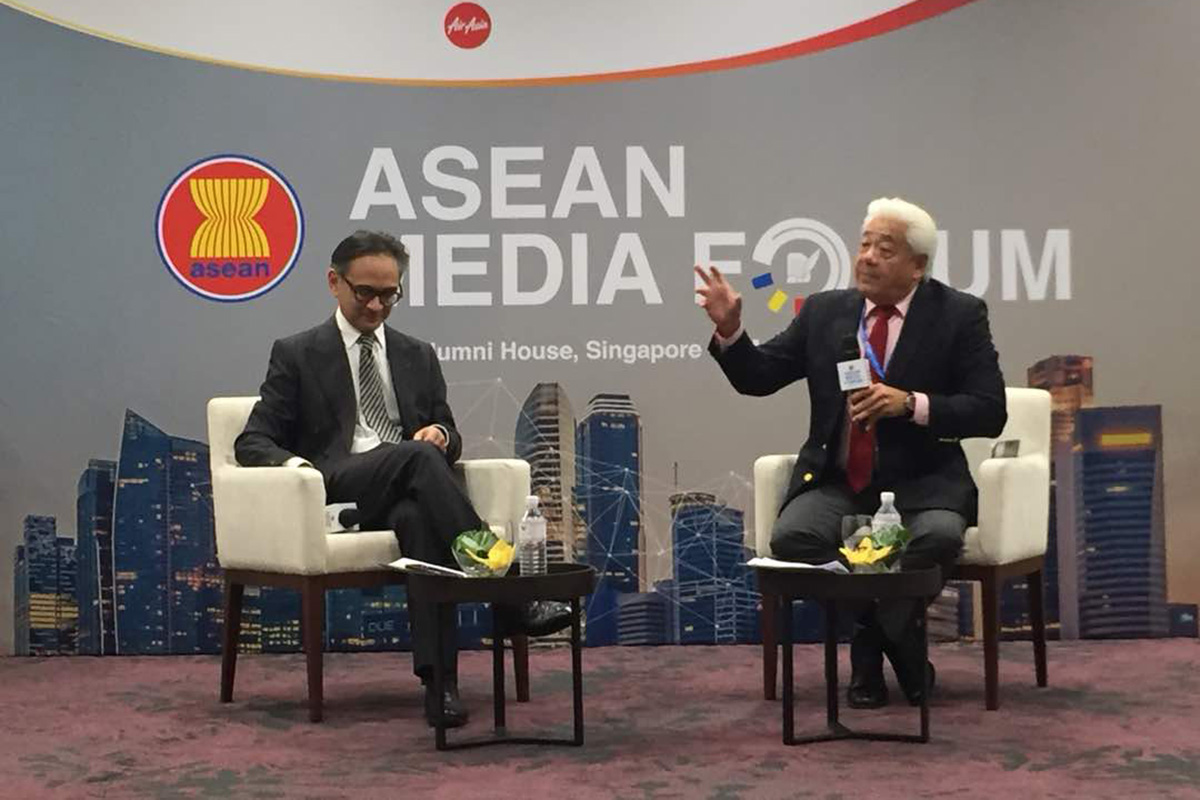This weekend saw Singapore host the second ASEAN Media Forum (AMF), where almost 30 media leaders, journalists and social media influencers congregated to have a dialogue with the region’s thought leaders on various important issues affecting the region.
The AMF is a new effort by ASEAN to reach out to the media to help them better understand the region and its complexities. On one hand, Southeast Asia is one of the fastest economies in the world with a combined gross domestic product (GDP) of US$2.5 trillion. On the other, it is becoming a site of geopolitical contestation among larger powers as seen in the South China Sea dispute. Despite the region’s unique place in the world, issues in Southeast Asia are still largely underreported by the global media.
The agenda of this year’s AMF included a keynote speech by Tan Chuan-Jin, the speaker of Singapore’s Parliament and Chair of the ASEAN Inter-Parliamentary Assembly (AIPA), and a panel discussion with Professor Tommy Koh, Ambassador-at-Large and Chairman of the Centre for International Law, National University of Singapore (NUS) and Ambassador Kishore Mahbubani, former Dean of Lee Kuan Yew School of Public Policy. There was also an exclusive session for invited AMF participants with Dr. Marty Natalegawa, the ex-Foreign Minister of Indonesia.
Role of the media
During a dialogue session following his keynote speech, Tan Chuan-Jin spoke about the power of the media in shaping people’s perceptions. To illustrate his point, Chuan-Jin cited how past MRT breakdowns were amplified on Instagram and Twitter. With such social media platforms occupying our attention today, the public might form opinions merely by scanning the content or reading the headlines alone. This is where the media comes in. Journalists have an important role to play in keeping the public informed through evidence-based reporting, maintaining vigilance in fact-checking and ensuring accuracy.

The ASEAN Media Forum was organised by the ASEAN Secretariat and the Deutsche Gessellschaft fur Internationale Zusammenarbeit (GIZ) in collaboration with S. Rajaratnam School of International Studies and with the support of Air Asia.
Answering a question from a participant, Chuan-Jin spoke about the difficulties migrant workers face in the region. Malaysia, Thailand and Singapore have grown into major migrant worker hubs for economic reasons. However, the numerous reports of migrant workers’ issues (i.e. debt from visa applications and relocation costs) are not within the control of the host country. Chuan-Jin also pointed out the importance of protecting these workers by upholding the ASEAN Declaration on the Protection and Promotion of Rights of Migrant Workers made at the 12th ASEAN Summit in 2007 in the Philippines.
ASEAN and increasing Sino-American tensions
During the panel discussion between Professor Koh and Ambassador Mahbubani that was moderated by Han Fook Kwang, Editor-at-Large of The Straits Times, the two ex-diplomats discussed the increasing tensions between the United States (US) and China. China in particular has been deploying strategic initiatives in order to gain influence in the region. These measures range from rapid militarization in the South China Sea to long term, large scale infrastructure in the region as part of the Belt and Road Initiative (BRI). These efforts by the Chinese government are perceived to be a ploy by the communist based regime to build up influence in the region. Some see China’s investments as a ploy for the country to buy influence in the region. As a check and balance mechanism, the US has increased its naval presence in the South China Sea through a series of strategic positioning.

China today has the economic clout and military power of Japan and Russia 40 years ago.
The discussion went on to conclude should there be an escalation between the US and China, it could spell trouble for the region, not to mention the on-going trade discussions between both parties which could also result in a trade war. This will leave ASEAN in a tough situation. Thus, the next 5-10 years would be ASEAN’s most dangerous moment. Economically, China is quickly catching up to the US. Moreover, the trade deficit the US has with China is the largest in the world at US$375 billion.
Due to the nature of global capitalism it is impossible for a country to disentangle itself from the web of globalisation, making Southeast Asia potentially vulnerable to a fallout from growing Sino-Chinese tensions. Any escalation between the two powers may create instability and uncertainty within the region.
As global politics moves into unpredictable territory, this is a crucial time for ASEAN to remain united and resilient.
“It is important for every ASEAN country to have good relations with China and also have good relations with the United States. ASEAN must not take sides. We in ASEAN must maintain good relations with both, equally good relations and not try to side with one party or the other,” Ambassador Mahbubani told the audience.
The future of ASEAN
The forum ended with a special closed-door dialogue with Dr. Marty Natalegawa. Speaking on the relevance of ASEAN in the next 50 years, the ex-Foreign Minister of Indonesia called for better crisis management regarding issues of regional and global importance.
Dr. Natalegawa spoke against the region’s lack of urgency and its tendency to wait until official summits to issue a response to pressing matters. He cited ASEAN’s non-response when North Korea threatened to strike Guam. He went on to elaborate that when ministers eventually met it was too late and the issue had become obsolete.
He further stated that ASEAN should capitalise on the recent Korean summit and use its position to make a clear stand and push for denuclearization thus increasing its influence on the world stage.
Dr. Natalegawa stressed that ASEAN should not be a “bystander” and instead continue to work on responding to urgent matters. He further elaborated that if ASEAN wants to be a relevant force in the world, it needs to do more than just hosting summits and cultural performances. He proposed that for ASEAN to move forward over the next 50 years the conversation needs to be centred on human rights, democracy and governance.
In addition, ASEAN requires centrality and to be more people oriented. There may be a need to reassess the regional economic architecture via the ASEAN charter. However, Dr. Natalegawa cautioned that this may open Pandora’s box as any tweaking would result in some form of regression because of the consensus and concessions in place. To make this work, ASEAN member states need to renew the trust amongst one another and draft an ASEAN script on centrality so that the bloc is more effective.
Overall, ASEAN is now at a crossroad. The rapid speed at which globalisation is taking place and the manner in which technology is affecting the day to day lives of its citizens, means that it must unite for the security of the region and the good of its people.
